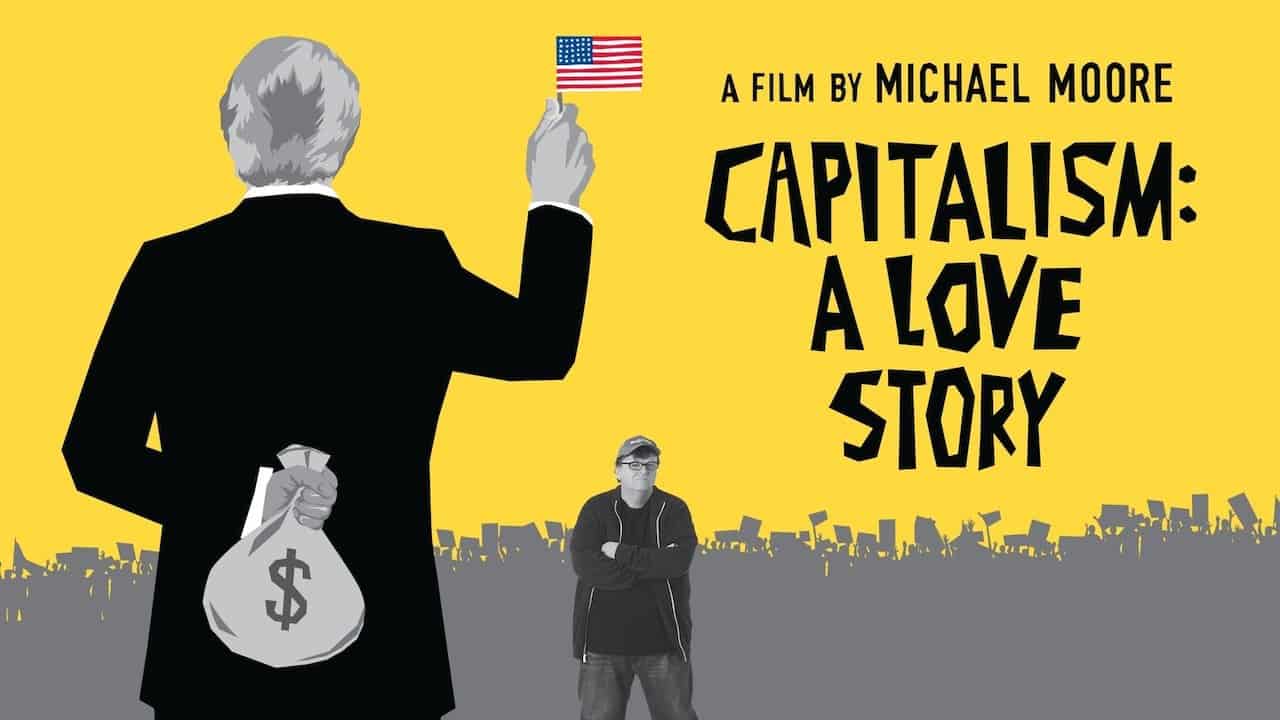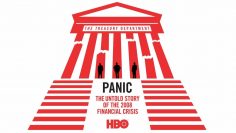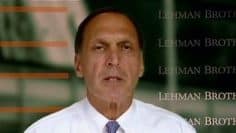Capitalism: A Love Story
Capitalism: A Love Story presents Michael Moore’s critical look at the American economic system and its impact on society. It begins by examining the 2008 financial crisis and its devastating effects on millions of Americans. Moore interviews families who lost their homes due to predatory lending practices and profiles Wall Street executives who profited from the collapse of the housing market.
The film highlights how corporations exploit workers, avoid taxes, and engage in unethical practices to maximize their profits. Moore argues that this relentless pursuit of profit at all costs leads to economic instability and social inequality. He also critiques the influence of corporate money in politics and the ways in which powerful corporations manipulate government policy to serve their own interests.
Throughout the documentary, Moore challenges the notion that capitalism is the only viable economic system. He points to alternative models such as worker cooperatives and community-owned enterprises as examples of more democratic and equitable economic structures. The film features interviews with economists, activists, and individuals affected by corporate greed and economic inequality.
Moore uses a combination of archival footage, interviews, and his signature satirical style to illustrate his points. He draws connections between the current economic situation and historical events, tracing the evolution of capitalism in America. The documentary also explores concepts such as “economic democracy” and the growing wealth gap in the United States.
By the end of the film, Moore argues that capitalism is inherently flawed and incompatible with true democracy. He suggests that alternative economic models should be considered to create a more just and equitable society.








